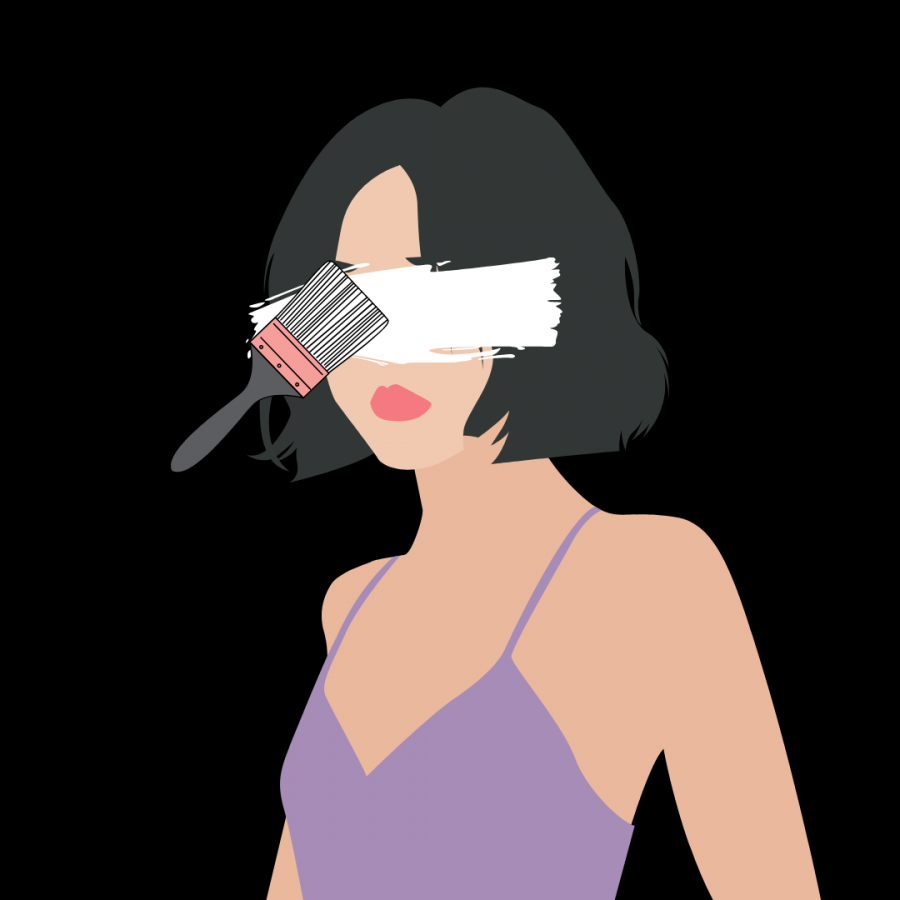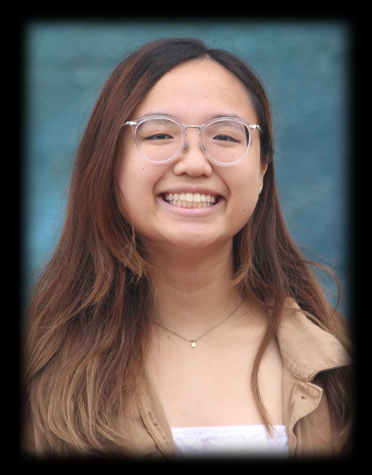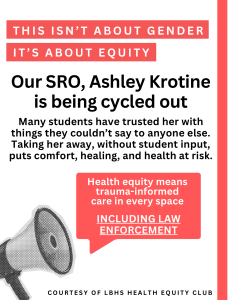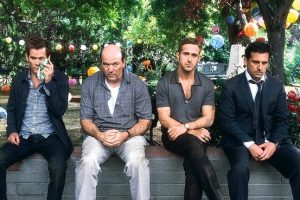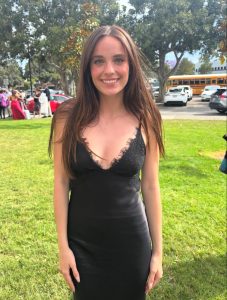How “white-washed” impacted my life
December 9, 2020
Throughout my life, I’ve gotten used to people identifying me as Asian first, then American. In elementary school, I would always have to explain the cultural food I was eating for lunch. Maybe I’d teach them a few Vietnamese phrases here and there because they asked me to. Because I go to school in a town predominantly inhabited by white people, I’m pretty much used to being the only Asian person in a room. And because of this, I’ve had to deal with the typical, confining stereotypes many times. I must be smart, quiet, introverted, play a classical music instrument… the list goes on.
I’m used to having to explain to other people my so-called ‘Asianness.’ For example, what is this sweet, rainbow-colored rice I’m eating for lunch? (If you’re curious, it’s called ‘xôi,’ pronounced like soy.)
And why do I look forward to getting red envelopes, which we call ‘li xi’, every year?
What’s it like switching immediately from Christmas season to Lunar New Year? It’s like one second, I’m putting away the ornaments. And then my family and I are decorating the house with yellow Mai flowers and kumquat trees?
These recurring questions aren’t annoying or anything. I do not mind them a lot, but I think that’s only because I’ve just grown accustomed to having to confirm my Asian background, even though I shouldn’t need to. I’m a second-generation Asian-American. I was born and raised right here in the United States, but that obviously doesn’t mean I’ve lost my Vietnamese identity in any way.
But even though I’ve had plenty of experiences trying to verify my Asian identity in a white community, I’ve also been labeled “whitewashed” a couple of times in predominantly Asian communities, specifically by my family. Kind of ironic, I know.
When I first got social media and met new Asian-American friends through mutual interests, I felt so proud. I felt like I connected with them on a whole different level because we both went through the same struggles with what we identify as. As teenagers, I feel like this affects us even more than usual because the peer pressure and judgment from others chain us all down and have us groveling at their feet.
I couldn’t explain these feelings to my white friends because they wouldn’t understand how this negatively affected mixed Americans like me. This pride of being a Vietnamese-American began to change around the beginning of middle school when family members questioned if I was loyal to my Vietnamese heritage or not. They asked if I was becoming too ‘whitewashed’ because I wasn’t somehow committing to my original identity since I supposedly listened to more American and K-Pop music on the radio than songs in my original language.
When I was very young, I didn’t know how to speak English because my parents talked entirely in Vietnamese. But as I grew older and my siblings talked more English, and as I started attending kindergarten with other English-speaking kids, I slowly began to lose my Vietnamese tongue. I still understand my mom when she speaks to me in her language, but sometimes I struggle with conversing with my grandparents or older family members. A mess of ‘Vietglish’ spills out of my mouth.
So from then on, not only have family members accused me of being ‘whitewashed’ and more ‘Americanized,’ but even I began to believe it myself. I felt ashamed that I didn’t know where I stood. I was afraid that if I didn’t fit in completely one way or another, I’d be considered less of a human. This struggle between wanting to fit in with America and western society’s standards while also respecting my parents and their homeland culture stayed and will probably still stay with me for a long time.
Whether people realize it or not, being called ‘whitewashed’ holds a lot of emotional baggage. It reminds me, and probably many others in the same situation, of the pain I went through of whether or not I’d be accepted for who I am as an Asian-American. ‘Whitewashed’ is a demoralizing term that reduces and insults a minority just because they don’t fit into the typical box some people expect. The term completely ignores the things that truly define a person一their personality and beliefs.
Luckily, I’ve met great people who accept my personal experiences and me for who I am, no matter my racial or ethnic group. I’m more comfortable with my friends, and I rarely feel ashamed when talking about my interests from different cultures.
But this internal battle between the two ethnicities I identify with will always be something I have to fight against, especially with the racism that still unfortunately and terrifyingly plagues our world today. I hope everyone realizes that we can all have multiple different identities or labels that everyone needs to embrace, no matter what. I shouldn’t have gone through this crisis of what I identify as or what parts of my culture I should value over others. No one else should have to do the same, either.

